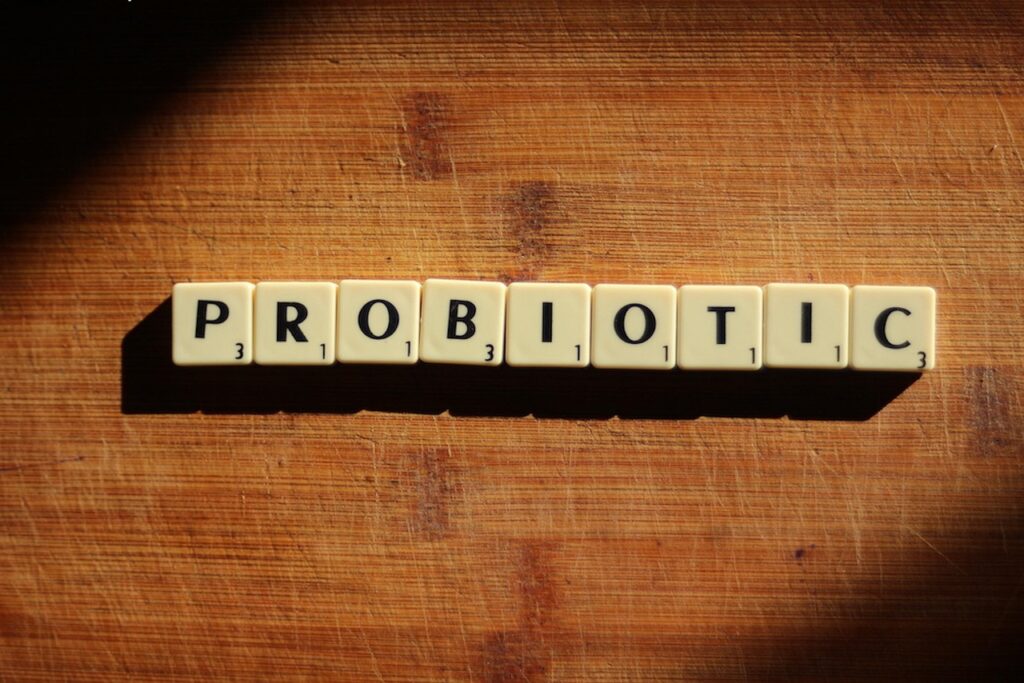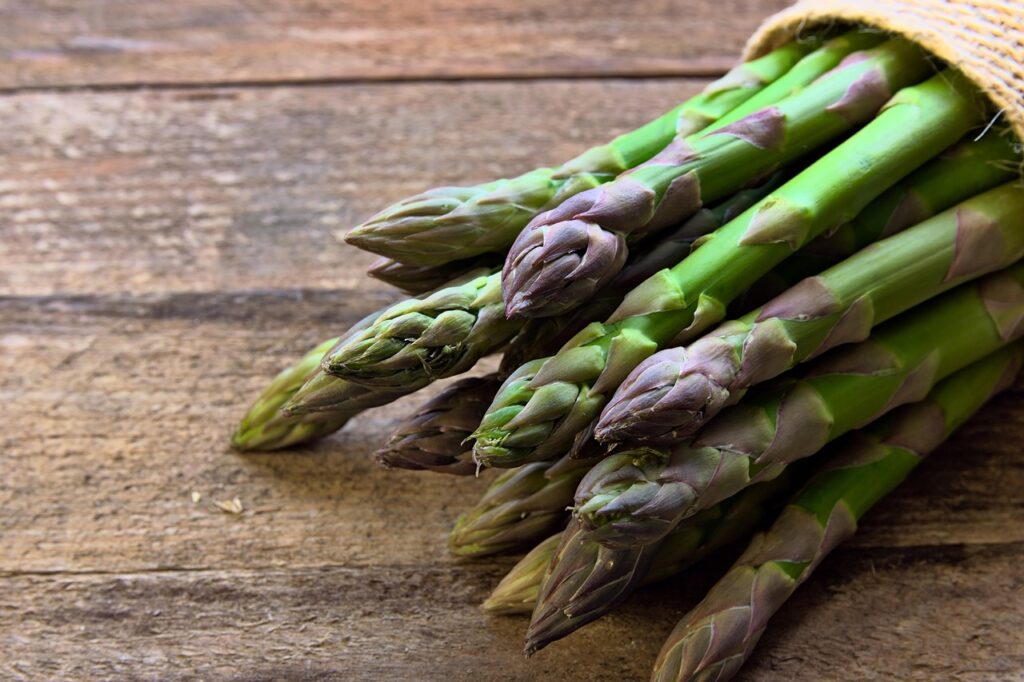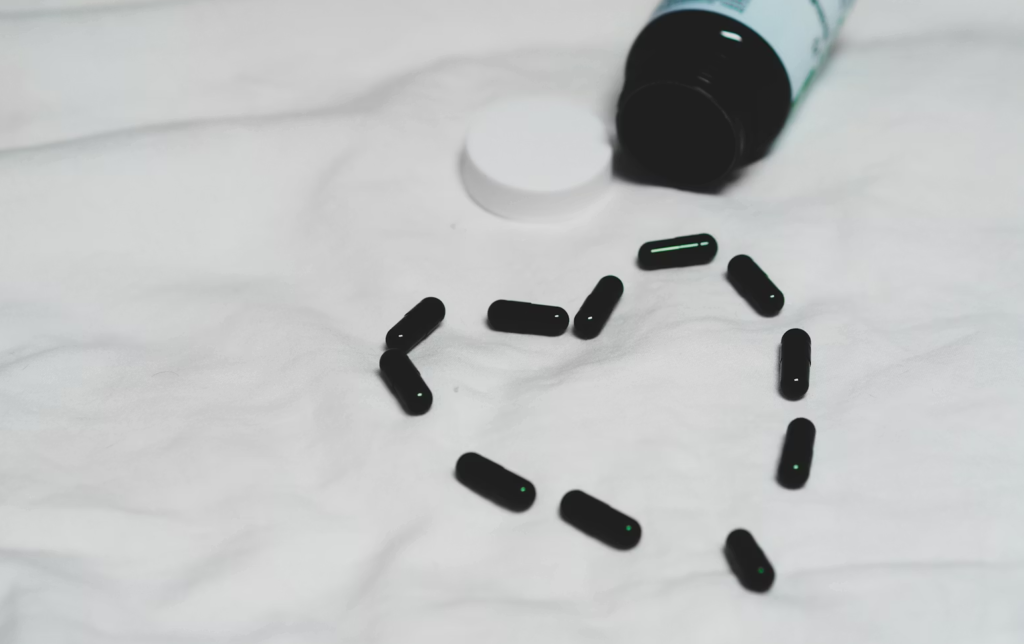Prebiotics vs probiotics – if you’ve ever walked down the supplement aisle or browsed a wellness blog, you’ve probably seen these terms everywhere. But knowing the difference between them can be the key to transforming your gut health, boosting immunity, and even improving your mood.
While probiotics are the beneficial bacteria that live in your digestive system, prebiotics are the “food” that helps those bacteria grow and thrive. Both are essential for a balanced gut microbiome, and small changes in your diet can give you big results.
In this article, we’ll break down exactly what prebiotics and probiotics are, why they matter, and how to add them to your daily routine. We’ll also share simple tips you can start today to keep your digestion smooth, your energy levels up, and your overall health on track.
What Are Probiotics?
Probiotics are live microorganisms, mainly bacteria and some yeasts, that naturally live in your digestive tract. Think of them as the “good guys” that help maintain balance in your gut. When harmful bacteria start to overgrow, probiotics help restore order.
Key features and benefits:
- Balance your gut microbiome by keeping harmful bacteria in check.
- Aid digestion by helping break down food more efficiently.
- Boost immunity by supporting your body’s natural defenses.
- Support mental health through the gut-brain connection, which can influence mood and stress levels.

You can find probiotics naturally in fermented foods like yogurt, kefir, sauerkraut, kimchi, miso, and kombucha. They’re also available in supplement form, often containing strains like Lactobacillus and Bifidobacterium.
Transitioning to a diet with more probiotic-rich foods doesn’t have to be overwhelming. Start with small swaps, like adding a serving of yogurt to breakfast or sipping on kombucha instead of soda. Over time, these changes help cultivate a thriving gut ecosystem.
What Are Prebiotics?
If probiotics are the beneficial bacteria, prebiotics are their favorite food. Prebiotics are a type of dietary fiber your body can’t digest – but your gut bacteria can. They feed probiotics, helping them multiply and stay active.
Key features and benefits:
- Fuel good bacteria so they can do their job effectively.
- Promote better digestion and regular bowel movements.
- Enhance nutrient absorption by supporting a healthy gut lining.
- May help regulate blood sugar and improve metabolic health.

You’ll find prebiotics in high-fiber foods such as garlic, onions, leeks, asparagus, bananas (especially when slightly green), and whole grains.
A simple way to increase prebiotic intake is to include more plant-based foods in your meals. For example, toss chopped onions into soups, add bananas to smoothies, or use whole-grain bread instead of white bread. These easy changes feed your probiotics and keep your gut environment balanced.
Why You Need Both
Here’s the thing: probiotics can’t do their job without prebiotics. The two work together like a well-matched team – probiotics supply the health benefits, while prebiotics make sure they have the energy to do so.
When both are present, you get:
- A balanced microbiome that supports digestion and immunity.
- Improved nutrient absorption so your body gets more from the food you eat.
- Reduced digestive discomfort like bloating, gas, and irregularity.
- Better overall wellness, from skin health to mental clarity.

This partnership is often referred to as a synbiotic relationship. When you eat both probiotic-rich and prebiotic-rich foods daily, you create an environment in your gut where beneficial bacteria can thrive, multiply, and keep harmful bacteria in check.
For the best results, aim to combine them in the same day, for example, yogurt with sliced bananas, or kimchi alongside whole-grain rice.
Simple Ways to Add Them to Your Routine
The good news? Supporting your gut health doesn’t require a complicated diet overhaul. Here are some easy, realistic ways to start:
Daily prebiotic sources:
- Add chopped onions or garlic to your cooking.
- Eat a banana as a mid-morning snack.
- Swap refined grains for whole grains like oats, quinoa, or barley.
Daily probiotic sources:
- Enjoy a serving of plain yogurt or kefir.
- Add a spoonful of sauerkraut or kimchi to your lunch or dinner.
- Sip on kombucha instead of sugary drinks.

Pro tip: If you choose supplements, look for a reputable brand that lists the probiotic strains and the amount of live cultures. Pair it with a fiber-rich diet for maximum benefit.
By making these swaps and additions gradually, you’ll create habits that naturally support a healthy gut – without feeling like you’re on a strict plan.
FAQ
1. Can I take prebiotics and probiotics together?
Yes! In fact, taking them together is ideal. This combination is called a synbiotic, and it helps ensure that probiotics have the food they need to survive and work effectively.
2. How long does it take to notice results?
Most people notice improvements in digestion and energy within a few days to a couple of weeks. However, long-term benefits like improved immunity and better skin health may take a few months of consistent intake.
3. Can I get enough from food alone?
Many people can get sufficient prebiotics and probiotics through a balanced diet rich in fiber and fermented foods. However, supplements can be helpful for those with specific digestive issues, limited diets, or after antibiotic use.
Final thoughts
When it comes to gut health, prebiotics vs probiotics isn’t a competition – it’s a partnership. Probiotics are the beneficial bacteria that keep your digestive system running smoothly, while prebiotics are the fiber-rich foods that feed them.
By including both in your daily routine, you can improve digestion, boost immunity, and even support your mood and mental clarity. The best part? Small, consistent changes, like adding yogurt to breakfast or swapping white bread for whole grains, can lead to big improvements over time.
Your gut health is the foundation for your overall well-being. Start with one or two of the tips above, and you’ll be on your way to a happier, healthier you.

What is your recipe for the good gut health?
Leave a comment below. We would love to hear your thoughts!







